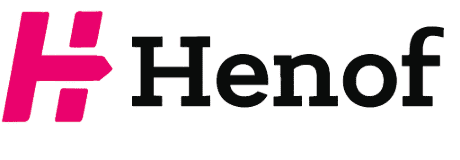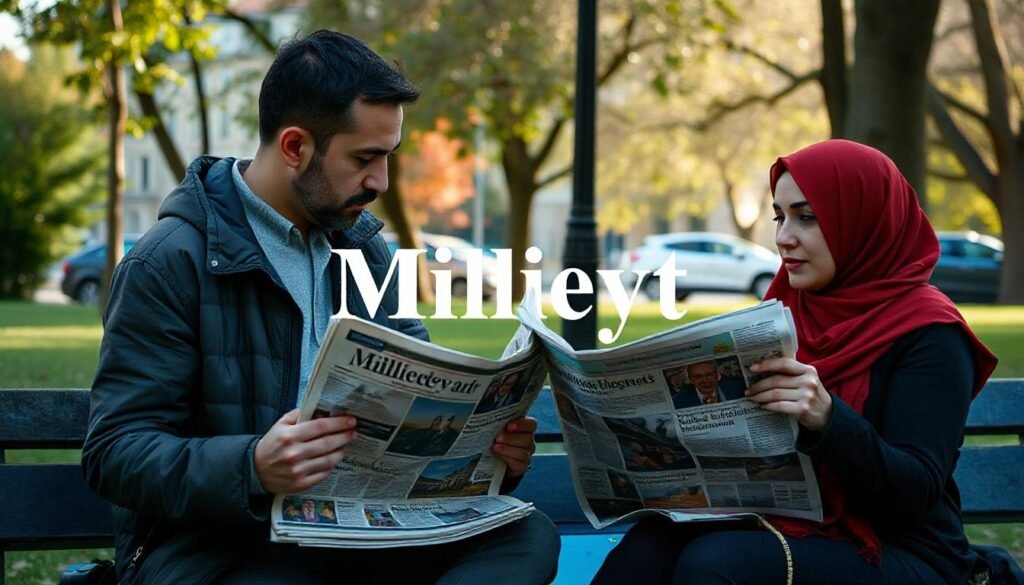Introduction to Mıllıeyt
In today’s rapidly changing world, where globalization continues to blur cultural and national boundaries, the concept of Mıllıeyt—which translates to “nationality” or “national identity” in English—holds immense significance. This Turkish term captures the essence of a nation’s collective identity, encompassing elements of culture, language, history, and shared values. Understanding Mıllıeyt is crucial for anyone interested in how national identity influences politics, society, and individual experiences.
Table of Contents
The Origins and Meaning of Mıllıeyt
Mıllıeyt is deeply rooted in Turkish history and the broader context of nationalism. Derived from the Arabic word “millah,” meaning community or nation, the term gained prominence during the late Ottoman Empire, particularly in the 19th and early 20th centuries. As the empire faced challenges from both internal and external forces, the need to solidify a sense of national unity became more urgent. Mıllıeyt emerged as a concept that encapsulated this collective identity, distinguishing the Turkish nation from other ethnic and cultural groups within the empire.
At its core, Mıllıeyt refers to a sense of belonging to a nation. It is not just a legal status but a profound connection to a shared heritage, language, and culture. In Turkey, Mıllıeyt continues to play a central role in shaping social and political discourse, influencing everything from government policies to individual identities.
The Role of Mıllıeyt in Turkish Society
Mıllıeyt is more than just a concept; it is a lived experience for millions of people. In Turkey, national identity is often tied to key elements such as language, religion, and historical narratives. Turkish language and culture, in particular, are seen as defining characteristics of Mıllıeyt. The celebration of national holidays, the preservation of traditional customs, and the promotion of Turkish arts and literature all contribute to reinforcing a sense of national identity.
Religion also plays a significant role in shaping Mıllıeyt. Islam, being the dominant religion in Turkey, is often intertwined with national identity. However, Mıllıeyt transcends religious boundaries, encompassing people from different faiths who identify with the Turkish nation.
In modern Turkey, Mıllıeyt influences various aspects of life, from education and media to politics and international relations. For instance, the Turkish education system emphasizes the importance of national history and values, ensuring that future generations are instilled with a strong sense of Mıllıeyt. Similarly, political leaders often invoke Mıllıeyt in their rhetoric, appealing to a shared national identity to gain support for their policies.
Mıllıeyt and Nationalism: A Complex Relationship
While Mıllıeyt is closely related to nationalism, the two concepts are not identical. Nationalism is a political ideology that seeks to promote the interests of a particular nation, often at the expense of others. Mıllıeyt, on the other hand, is a broader and more inclusive concept that focuses on the cultural and social aspects of national identity.
However, the relationship between Mıllıeyt and nationalism is complex. In some cases, Mıllıeyt can be used to foster a sense of unity and pride among people, promoting tolerance and understanding. In other cases, it can be exploited to justify exclusionary policies or to marginalize certain groups within society.
In Turkey, this dynamic has been particularly evident in discussions about ethnic and religious minorities. While Mıllıeyt has been a unifying force for many, it has also been a source of tension for others who may feel excluded from the dominant narrative of national identity. Balancing the inclusive and exclusive aspects of Mıllıeyt remains a challenge for Turkish society.
The Impact of Mıllıeyt on Politics and International Relations
Mıllıeyt has a profound impact on politics, both within Turkey and in its relations with other countries. Domestically, national identity is a key factor in political campaigns and public policies. Political parties often appeal to Mıllıeyt to garner support, particularly during elections. The emphasis on national unity and pride is a powerful tool in mobilizing voters and shaping public opinion.
In the international arena, Mıllıeyt influences Turkey’s foreign policy and its relations with neighboring countries. For example, Turkey’s approach to issues such as the Kurdish question, relations with Greece, and its stance on the European Union are all shaped by considerations of national identity. Mıllıeyt also plays a role in Turkey’s efforts to project its cultural and political influence abroad, particularly in regions with significant Turkish-speaking populations.
Mıllıeyt in the Context of Globalization
In the era of globalization, the concept of Mıllıeyt faces new challenges and opportunities. On the one hand, globalization has facilitated the exchange of ideas, cultures, and technologies across borders, leading to a more interconnected world. On the other hand, it has also raised concerns about the erosion of national identities and the loss of cultural distinctiveness.
For Turkey, maintaining a strong sense of Mıllıeyt in the face of globalization requires a careful balancing act. While embracing the benefits of globalization, such as economic growth and technological advancement, Turkey also seeks to preserve its unique national identity. This has led to a renewed emphasis on cultural preservation, language promotion, and the protection of national values.
Moreover, the Turkish diaspora, spread across various countries, plays a crucial role in maintaining and promoting Mıllıeyt abroad. Through cultural organizations, festivals, and media, Turkish communities around the world continue to foster a sense of national identity, even when living far from their homeland.
Challenges and Future of Mıllıeyt
As Turkey continues to evolve, so too will the concept of Mıllıeyt. The country faces several challenges in navigating the complexities of national identity in the 21st century. These include addressing issues related to ethnic and religious diversity, managing the impact of migration, and responding to global political and economic pressures.
One of the key challenges is ensuring that Mıllıeyt remains an inclusive concept that reflects the diversity of Turkish society. As Turkey becomes more multicultural, the traditional understanding of Mıllıeyt may need to be redefined to accommodate different identities and experiences.
Another challenge is the rise of digital media and its impact on national identity. In an age where information is easily accessible and ideas spread rapidly online, the way people perceive and engage with Mıllıeyt is changing. Social media platforms, for instance, have become spaces where discussions about national identity take place, often in ways that challenge traditional narratives.
Despite these challenges, Mıllıeyt will continue to be a central element of Turkish society. As long as there is a sense of shared history, culture, and values, the concept of national identity will remain relevant. The future of Mıllıeyt will depend on how Turkey navigates these challenges and adapts to the changing global landscape.
FAQs About Mıllıeyt
1. What does Mıllıeyt mean?
Mıllıeyt refers to the concept of national identity in Turkey, encompassing elements such as culture, language, history, and shared values.
2. How is Mıllıeyt different from nationalism?
While nationalism is a political ideology focused on promoting the interests of a nation, Mıllıeyt is a broader concept that includes the cultural and social aspects of national identity.
3. What role does Mıllıeyt play in Turkish politics?
Mıllıeyt is a key factor in Turkish politics, influencing everything from political campaigns to public policies. Political leaders often appeal to national identity to gain support.
4. How does globalization affect Mıllıeyt?
Globalization presents both challenges and opportunities for Mıllıeyt. While it facilitates cultural exchange, it also raises concerns about the erosion of national identity.
5. What challenges does Mıllıeyt face in the future?
Mıllıeyt faces challenges related to ethnic and religious diversity, migration, and the impact of digital media on national identity.
Conclusion
Mıllıeyt is a powerful and enduring concept that continues to shape Turkish society. From its origins in the Ottoman Empire to its role in modern-day Turkey, national identity has been a central element of the country’s history and culture. As Turkey navigates the challenges of globalization and diversity, Mıllıeyt will remain a vital part of its national discourse. Understanding Mıllıeyt is essential for anyone seeking to comprehend the complexities of national identity in a globalized world.
Read more on Henof.

